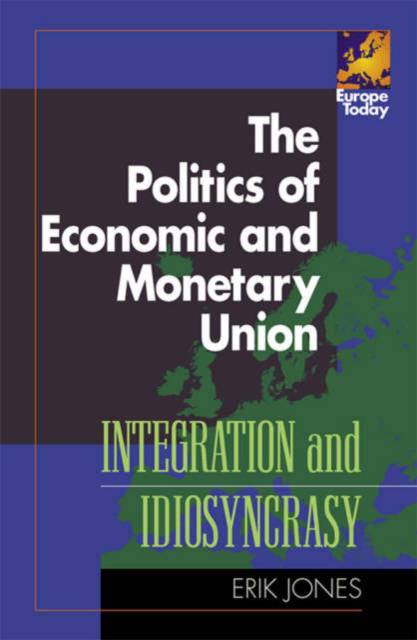
- Retrait gratuit dans votre magasin Club
- 7.000.000 titres dans notre catalogue
- Payer en toute sécurité
- Toujours un magasin près de chez vous
- Retrait gratuit dans votre magasin Club
- 7.000.0000 titres dans notre catalogue
- Payer en toute sécurité
- Toujours un magasin près de chez vous
51,95 €
+ 103 points
Format
Description
An exploration of the formation of the Euro. Focusing attention on who wins and who loses from the Euro's creation, Erik Jones charts the history of this extraordinary project, explains the reasons it developed, and assesses how the controversies surrounding it may evolve in the future.
Spécifications
Parties prenantes
- Auteur(s) :
- Editeur:
Contenu
- Nombre de pages :
- 224
- Collection :
Caractéristiques
- EAN:
- 9780847690350
- Date de parution :
- 23-06-02
- Format:
- Livre broché
- Dimensions :
- 147 mm x 228 mm
- Poids :
- 300 g

Les avis
Nous publions uniquement les avis qui respectent les conditions requises. Consultez nos conditions pour les avis.






